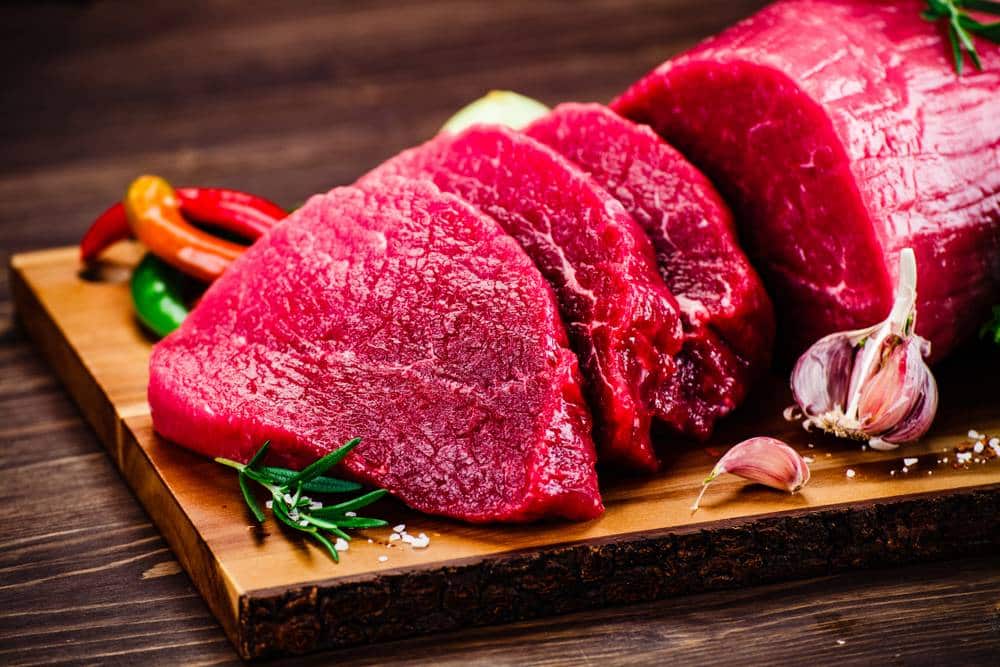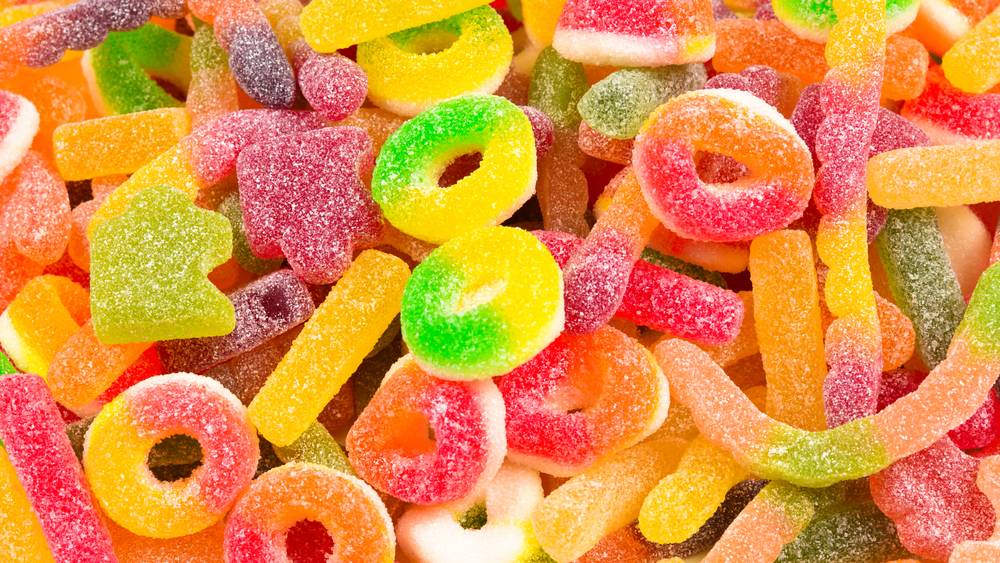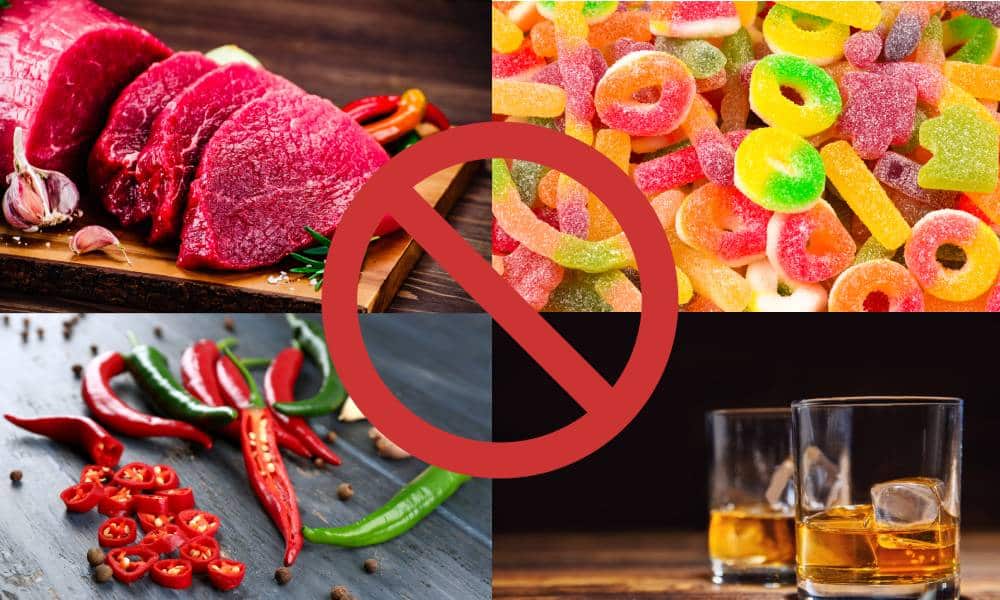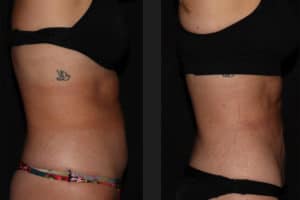Bariatric surgery is one of the most successful and effective treatments for people with severe obesity and chronic health conditions, including metabolic disorders, type-2 diabetes, hypertension, and cardiovascular diseases.
Although bariatric surgery is a reliable procedure to help you achieve weight loss goals, it requires a strict dietary routine and active lifestyle changes. Otherwise, you will experience complications, including malnutrition, psychological problems, and digestive issues, leading to life-threatening conditions.
Get $500 Off on Bariatric Surgery In Miami
In addition, it’s important to note that finding the right place for your surgery can make a significant impact not only on your health but also on your pocketbook. Currently, Moon Gastric Sleeve is offering a limited-time discount of $1500 on their bariatric surgery procedures. If you’re considering a surgery like Gastric Sleeve or Gastric Bypass in Miami, this could be a great opportunity to receive high-quality care at a more affordable cost. Remember, these types of offers don’t last forever, so it’s advisable to take action quickly if you’re seriously considering bariatric surgery.
Furthermore, it’s worth noting that for these services, Moon Gastric Sleeve is currently offering a limited-time discount of $1500. This could be a great opportunity to receive high-quality care at a more affordable cost.
Foods to Avoid After Bariatric Surgery
Following the diet progression can speed up healing and reduce the risk of complications. Board-certified surgeons at Miami Lakes Cosmetics recommend changing your dietary habits during the first eight weeks following the surgery to avoid nausea, vomiting, acid reflux, etc. Here are a few food items to avoid after bariatric surgery.
Red Meat

Red meat contains higher levels of gristles or fibers that prevent the piece of meat from breaking or splitting apart in the stomach. Research studies highlight that gristle can plug your stomach’s outlet and prevent other food from passing through, causing severe discomfort and pain.
Spicy Foods

Patients consuming spicy foods, such as jalapenos, curries, and hot sauces, can experience stomach discomfort, irritation, and pain. Some studies highlight that eating spicy foods or sauces after bariatric surgery can negatively affect the incision site and cause ulcers in the stomach and intestine.
Sugary Foods

Avoid food and beverages with high sugar levels to prevent the risk of dizziness, flushing, weakness, nausea, headaches, vomiting, diarrhea, dumping syndrome, stomach discomfort, and pain. Sugary foods, including sodas, fruit drinks, sweets, candies, and desserts, can harm your metabolism and homeostasis.
Fibrous Fruits and Veggies
Although you can eat a small amount of fibrous fruits and vegetables a few months after bariatric surgery, consuming fiber-rich fruits and veggies can cause complications in the stomach.
For instance, fibrous fruits and veggies are sticky and stay around in the stomach for a prolonged period, making it challenging for the patient to eat other food items. These foods staying in your stomach for an extended period can cause nutritional deficiency.
Alcohol

Your surgeon may bypass the large fundus of your stomach or remove it from the gastrointestinal tract. Because your body can process alcohol quickly, you may develop a condition called “alcohol poisoning.” Therefore, drinking alcohol can disrupt your metabolic system and lead to severe complications.
Caffeinated Drinks
Caffeine is one of the most significant digestive irritants, causing severe discomfort in the abdomen, particularly for patients recovering from bariatric surgery. Caffeinated drinks can cause gastric reflux, nausea, vomiting, and diarrhea due to their acidic properties.
What to Eat After Bariatric Surgery?
Your surgeon will instruct you to consume a liquid diet during the first 2-3 days following the procedure. The primary objective of a 100% liquid diet is to maintain your body’s hydration levels and prevent your stomach from discomfort and irritation. You can consume:
- Water
- Broth
- Sugar-free gelatin
Consuming proteins after weight loss surgery is essential to maintain your muscle mass and supply your body with optimal energy. However, you can’t eat red meat, mutton, or other hard foods.
You can consume protein shakes and milk products after two weeks following bariatric surgery. You can continue consuming proteins at each meal after five to weeks and follow your surgeon’s instructions, such as challenging yourself by slowly including foods like soft veggies, fruits, and grains.
What Causes Malnutrition After Bariatric Surgery?
Bariatric surgery bypasses the duodenum, mixing ingested nutrients with pancreatic enzymes and bile acids. As a result, you suffer from maldigestion. Malabsorption and maldigestion of essential nutrients result in significant weight loss, increasing the risk of malnutrition.
However, malnutrition also occurs when you fail to follow the dietary pattern recommended by your surgeon. Another cause of malnutrition is your body does not process essential nutrients due to metabolic complications. Always follow your surgeon’s instructions, including the dietary routine, to avoid malnutrition.
Why is there a Rigorous Diet After Bariatric Surgery?
Your stomach, after bariatric surgery, can hold a small amount of food. For example, it can’t digest more than a tablespoon of food initially. The good news is that your new stomach (pouch) will grow in size over time.
So, it would help if you did not stretch your stomach by eating more than the recommended amount. Because your stomach can hold and digest a small amount of food, overeating can cause upper abdominal pain until you vomit the undigested food.
Therefore, following the dietary pattern recommended or prescribed by your surgeon is essential to avoid complications. Avoid consuming carbonated drinks, including soda and beer, because they can take a massive toll on your new stomach, leading to life-threatening conditions.
What to Do Next?
Bariatric surgery can help you lose weight and prevent the risk of chronic health complications. However, it would be best if you chose a board-certified, experienced surgeon to achieve your goals.
Miami Lakes Cosmetics has been in the business for many years with board-certified and experienced surgeons who follow efficient, reliable, and safer techniques to perform bariatric surgery.
Our surgeon will give you comprehensive and easy-to-follow dietary guidelines to streamline post-operative recovery and reduce the risk of complications while maintaining your overall health. Contact us today for more information on our bariatric surgery services.





